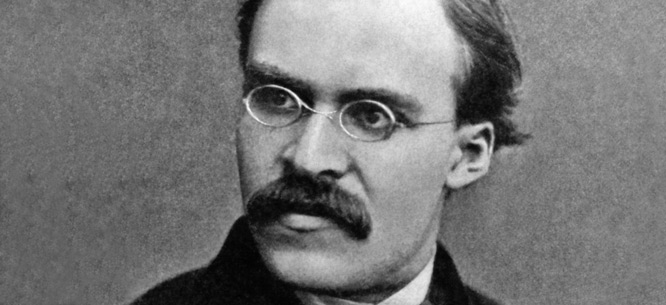Imagine, if you will, a life relived over and over, with all its triumphs and tribulations, joys and sorrows, for eternity. What thoughts would arise within you? Would fear grip your heart? Would you yearn to alter its course? Or could you find contentment and even desire in this perpetual cycle? In the 19th century, Friedrich Nietzsche, the renowned philosopher, contemplated this very notion known as the eternal recurrence. Through this reflection, he delved into one of his key philosophical principles called amor fati, the Latin expression for “love of one’s fate.” While the roots of this concept can be traced back to Stoic philosophers Epictetus and Marcus Aurelius, Nietzsche sculpted and embraced amor fati as a pivotal value in his philosophy, explored in his works such as “The Gay Science” and “Ecce Homo.”
During Nietzsche’s later years, he retreated to the Swiss Alps, engaging in profound self-reflection upon a life marked by hardships and failures. He had severed ties with his family and academic career to seek independence and pursue his writing endeavors. However, he found no escape from the lingering effects of his troubled past, nor did he achieve success as a writer. He endured the loss of friendships, romances, and soon his own sanity. Plagued by various illnesses, he experienced deteriorating health, often confined to his bed, wracked with pain. His work became his sole solace, yet it proved inadequate at the time. His books struggled to sell, and his philosophy remained largely unnoticed. His existence became a tapestry of disappointment and misery, culminating in a relatively tragic end. Yet, it is through Nietzsche’s posthumous rise to global acclaim that we now recognize him as one of the greatest philosophical minds in history.
So, how did this brilliant intellect, burdened by a life marred by failures and suffering, confront such adversity? He sought to philosophize it, to extract wisdom and understanding from his experiences, which gave birth to his concept of amor fati. For Nietzsche, amor fati encompasses not only accepting one’s life but loving it deeply. The term “love” assumes a crucial nuance, transcending mere stoic resignation. It signifies an almost enthusiastic and complete adoration—a declaration against the inclination to regret, to believe that one could have exerted greater control over the outcomes and circumstances of their reality, to have acted differently, or possessed superior knowledge to avoid the negatives and gain more positives. Instead, amor fati advocates for embracing life exactly as it unfolds, with all its highs and lows, successes and failures, fulfillment and pain.
“My formula for human greatness is amor fati,” Nietzsche writes, “that one wants nothing to be different, not in the future, not in the past, not for all eternity. Not only to endure what is necessary, still less to conceal it—all idealism is falseness in the face of necessity—but to love it.” Naturally, we often find ourselves caught in the opposite mindset, deluded by the mirage of hindsight and wishful thinking. It seems as though different choices could have been made, circumstances altered, and a better outcome achieved. We dwell in regret and yearn for what could have been. Theoretically, this might hold some truth; there were alternative paths and potential futures, but in this reality we inhabit, the one we must traverse, we had no choice but to make the decisions we did, based on the information and mental state available to us at the time. Furthermore, the conditions of life, both as a result of those decisions and inherent to existence itself, lie beyond our control and ability to change.
To lament or desire to rewrite the past.

